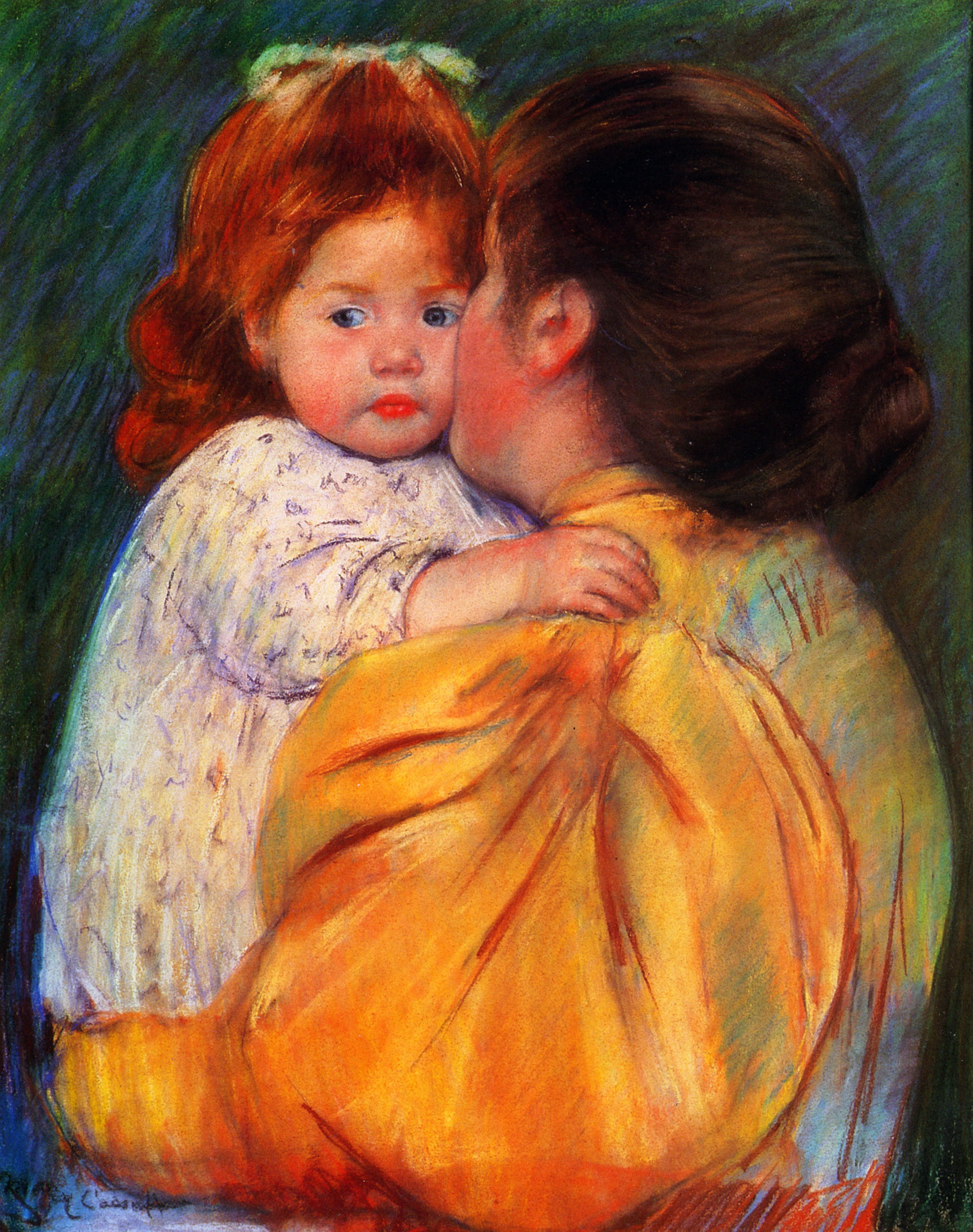|
Ui Miyazaki
is a Japanese voice actress and singer. She is an actress, known for Charger Girl Ju-den Chan (2009), Hime-sama Goyojin (2006) and Magician's Academy! (2008). Biography Filmography Anime *''Ar tonelico'' as Aurica Nestmile *''Chaos;Head'' as Nanami Nishijō *'' Da Capo Second Season'' as Aisia *''Da Capo III'' as Charles Yoshino *'' Fight Ippatsu! Jūden-chan!! as Hakone Oumi *'' Gift ~eternal rainbow~'' as Kirino Konosaka *'' Himesama Goyōjin'' as Na-na *'' Izumo: Takeki Tsurugi no Senki'' as Suzaku *'' Kamichama Karin'' as Kazusa *''Magical Kanan'' as Emi Kojima *''Macademi Wasshoi!'' as Suzuho Hasegawa *'' Night Wizard The ANIMATION'' as Elis Shihō *'' Ray'' as Aka Ribbon *''Strawberry Panic!'' as Remon Natsume *''Sumomomo Momomo'' as Iroha Miyamoto *''Master of Epic: The Animation Age'' as Waragetcha Black Video games *''Ar tonelico'' as Aurica Nestmile, Hama, Mir *'' Ar tonelico II'' as Jakuri, Aurica Nestmile *'' Atelier Rorona: The Alchemist of Arland'' as Hom (Fem ... [...More Info...] [...Related Items...] OR: [Wikipedia] [Google] [Baidu] |
Brackets
A bracket is either of two tall fore- or back-facing punctuation marks commonly used to isolate a segment of text or data from its surroundings. They come in four main pairs of shapes, as given in the box to the right, which also gives their names, that vary between British English, British and American English. "Brackets", without further qualification, are in British English the ... marks and in American English the ... marks. Other symbols are repurposed as brackets in specialist contexts, such as International Phonetic Alphabet#Brackets and transcription delimiters, those used by linguists. Brackets are typically deployed in symmetric pairs, and an individual bracket may be identified as a "left" or "right" bracket or, alternatively, an "opening bracket" or "closing bracket", respectively, depending on the Writing system#Directionality, directionality of the context. In casual writing and in technical fields such as computing or linguistic analysis of grammar, brackets ne ... [...More Info...] [...Related Items...] OR: [Wikipedia] [Google] [Baidu] |
Strawberry Panic!
''Strawberry Panic!'' is a series of Japanese illustrated short stories written by Sakurako Kimino, which focus on a group of teenage girls attending three affiliated all-girl schools on Astraea Hill. A common theme throughout the stories is the intimate lesbian relationships between the characters. The original artist was Chitose Maki, who was succeeded by Namuchi Takumi when production of the manga and light novels began. Following ''Strawberry Panic!s first run in ''Dengeki G's Magazine'' it was six months before results began to indicate that the series was a success, and that its fans were growing in number; the manga and light novels which followed were a reflection of its popularity. The series became sufficiently popular for Seven Seas Entertainment to license the manga series and light novels for English language distribution. ''Strawberry Panic!'' was one of the debut titles on the company's light novel and yuri manga production lines. An anime television seri ... [...More Info...] [...Related Items...] OR: [Wikipedia] [Google] [Baidu] |
Living People
Purpose: Because living persons may suffer personal harm from inappropriate information, we should watch their articles carefully. By adding an article to this category, it marks them with a notice about sources whenever someone tries to edit them, to remind them of WP:BLP (biographies of living persons) policy that these articles must maintain a neutral point of view, maintain factual accuracy, and be properly sourced. Recent changes to these articles are listed on Special:RecentChangesLinked/Living people. Organization: This category should not be sub-categorized. Entries are generally sorted by family name In many societies, a surname, family name, or last name is the mostly hereditary portion of one's personal name that indicates one's family. It is typically combined with a given name to form the full name of a person, although several give .... Maintenance: Individuals of advanced age (over 90), for whom there has been no new documentation in the last ten ... [...More Info...] [...Related Items...] OR: [Wikipedia] [Google] [Baidu] |
The Age Of Infinity
''The'' is a grammatical article in English, denoting nouns that are already or about to be mentioned, under discussion, implied or otherwise presumed familiar to listeners, readers, or speakers. It is the definite article in English. ''The'' is the most frequently used word in the English language; studies and analyses of texts have found it to account for seven percent of all printed English-language words. It is derived from gendered articles in Old English which combined in Middle English and now has a single form used with nouns of any gender. The word can be used with both singular and plural nouns, and with a noun that starts with any letter. This is different from many other languages, which have different forms of the definite article for different genders or numbers. Pronunciation In most dialects, "the" is pronounced as (with the voiced dental fricative followed by a schwa) when followed by a consonant sound, and as (homophone of the archaic pronoun ''thee'') ... [...More Info...] [...Related Items...] OR: [Wikipedia] [Google] [Baidu] |
Kiss On My Deity
A kiss is the touching or pressing of one's lips against another person, animal or object. Cultural connotations of kissing vary widely; depending on the culture and context, a kiss can express sentiments of love, Passion (emotion), passion, romance (love), romance, sexual attraction, sexual activity, sexual intercourse, sexual arousal, affection, respect, greeting, peace, or good luck, among many others. In some situations, a kiss is a ritual, formal or symbolic gesture indicating devotion, respect, or a sacramental. The word comes from Old English ('to kiss'), in turn from ' ('a kiss'). History Anthropologists disagree on whether kissing is an instinctual or Social learning theory, learned behaviour. Those who believe kissing to be an instinctual behaviour cite similar behaviours in other animals such as bonobos, which are known to kiss after fighting - possibly to restore peace. Others believe that it is a learned behaviour, having evolved from activities such as Breas ... [...More Info...] [...Related Items...] OR: [Wikipedia] [Google] [Baidu] |
